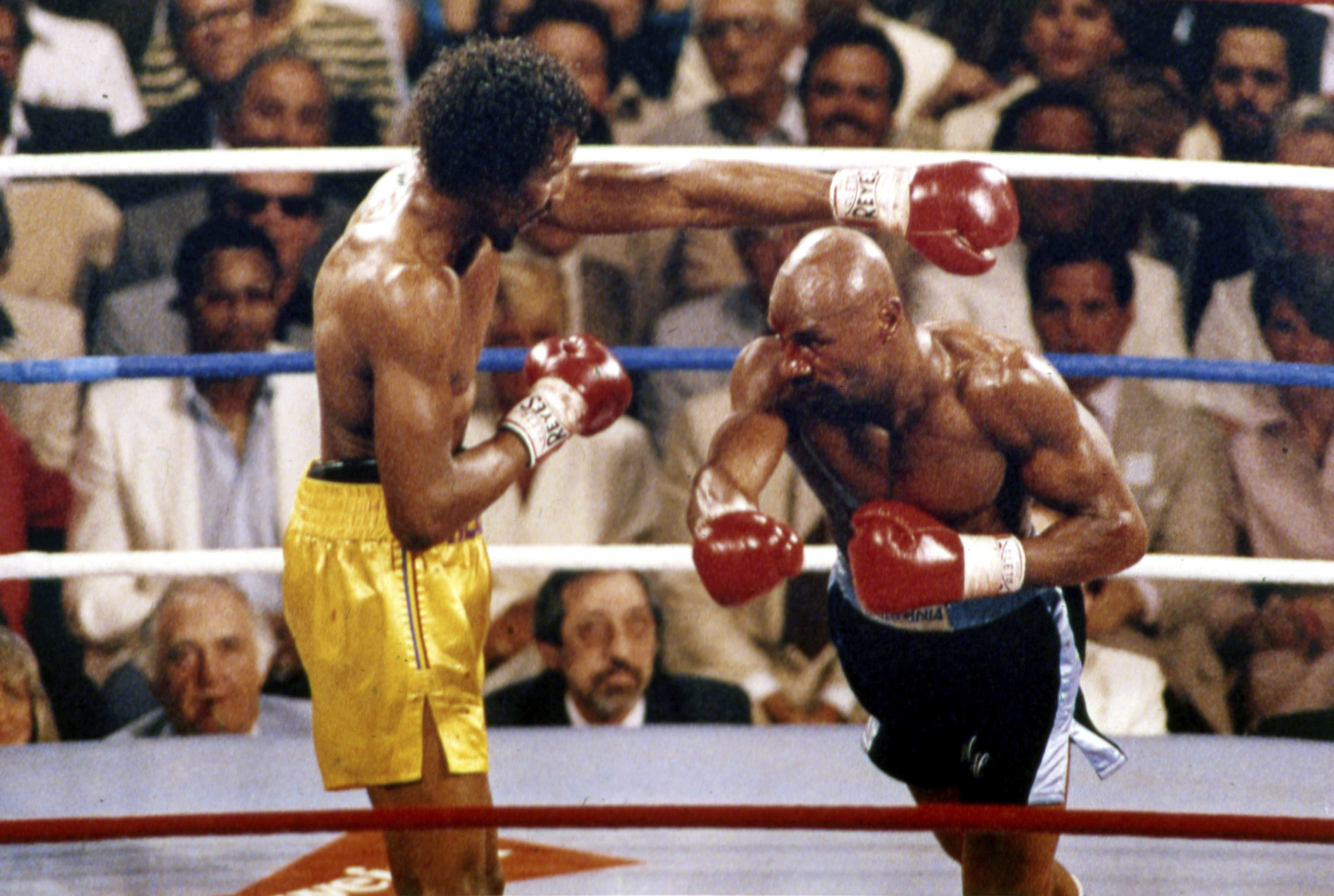Last week I compared the market returns to the largest actively managed mutual funds plus compared with simply indexing the market.
Today, I will challenge my ongoing statement of, “It is not being in the market that is important but what you are in that is.” I will compare the performance of all nine market sectors vs. the market (S&P 500) to see if there is a difference.
First, what is a sector? Basically, sectors are a way to categorize similar types of businesses. Looking at the performance chart I designed at stockcharts.com, we can see that while all nine sectors were profitable in 2013 only three of the nine outperformed the 29.60 percent set by the market. Financials took the top spot with a 42.93 percent return, followed by the Cyclicals/Consumer Discretionary, Health Care, Industrials and finally Energy. With a 19 percent-plus difference between the market and the financials, this should be motivation to learn more about what you are in.
Keep in mind, there are low fee-Exchange Traded Funds that track each sector. Some like XLF, the SPDR Financial Select Sector ETF has a dividend of 1.53 percent, with a low expense ratio of .18 percent. There are also mutual funds that track these sectors. However, make sure there is at least a one and a half percent spread between the total expense and the dividend.
If you want to learn more about sectors and charting (technical analysis), check out my Financial Friday series at John A. Logan College.
Next week, I will challenge Wall Street’s ongoing love affair with large-cap funds and compare the performance vs. small and mid-caps to see if there is a difference.
Plan your work, work your plan and learn to share your harvest!
Source-Stockcharts.com, davidoengland.com
Full Disclosure — I do not hold any securities listed in this column.
DAVID O. ENGLAND is an associate professor of finance at John A. Logan College and founder of the Eye on the Market-Training Academy. He can be reached at thetraderseye@gmail.com. The information above is for educational purposes only and is not intended to be financial advice. Your decision to buy, sell, short, or hold any stock or investment product is a direct result of your own decision, free will, and research.
On the Net:
The Trader's Eye on Facebook




